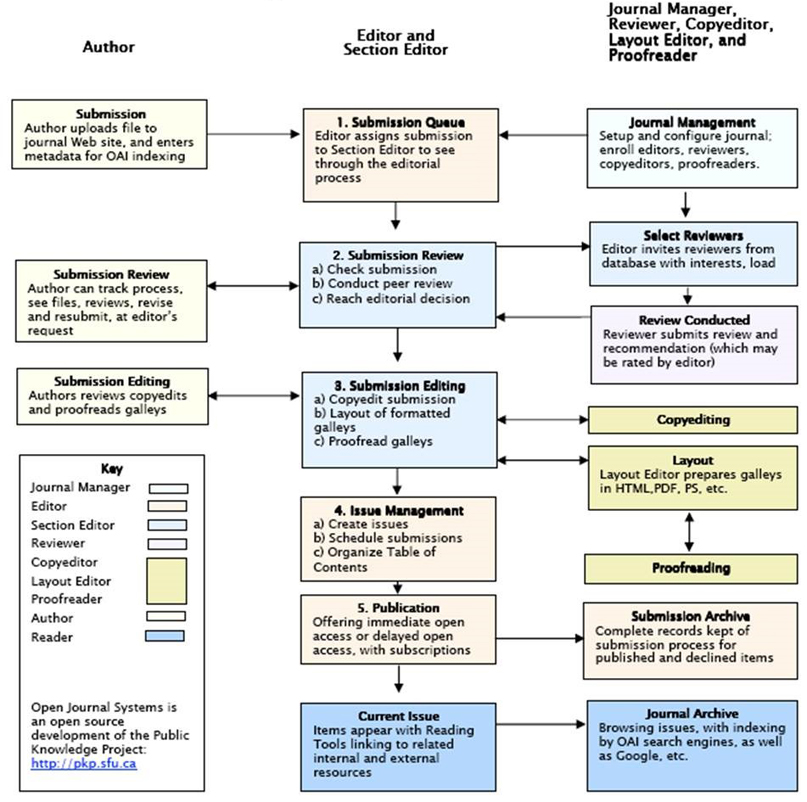All submitted articles are subject to assessment and undergo a rigorous, single-blinded peer review to ensure editorial appropriateness and technical correctness.
Research published in the journal must be:
- Scientifically valid – adhering to accepted community standards of research.
- Technically accurate in its methods and results.
- Representative of a specific advance, or replication, or null/negative result, which is worthy of publication.
- As reproducible as possible – sharing underlying data, code, and supporting materials wherever able.
- Ethically sound and transparent – adhering to best practice with respect to animal and human studies, consent to publish, and clear declaration of potential conflicts of interests, both real and perceived.
In the spirit of sharing findings through our open science mission, emphasis is not placed on novelty, interest, or perceived impact. Replication studies, particularly of research published in this journal, are encouraged.
In order for an article to be accepted for publication, the assigned editor will first consider if the manuscript meets the minimum editorial standards and fits within the scope of the journal. If an article is considered suitable for the journal, the editor will ideally solicit at least two external peer reviewers (who will remain anonymous) to assess the article before confirming a decision to accept. Decisions to reject are at the discretion of the editor.
Our research integrity team will occasionally seek advice outside standard peer review, for example, on submissions with serious ethical, security, biosecurity, or societal implications. We may consult experts and the editor before deciding on appropriate actions, including but not limited to: recruiting reviewers with specific expertise, assessment by additional editors, and declining to further consider a submission.
A typical path of a manuscript from submission to production is given with the following chat.

